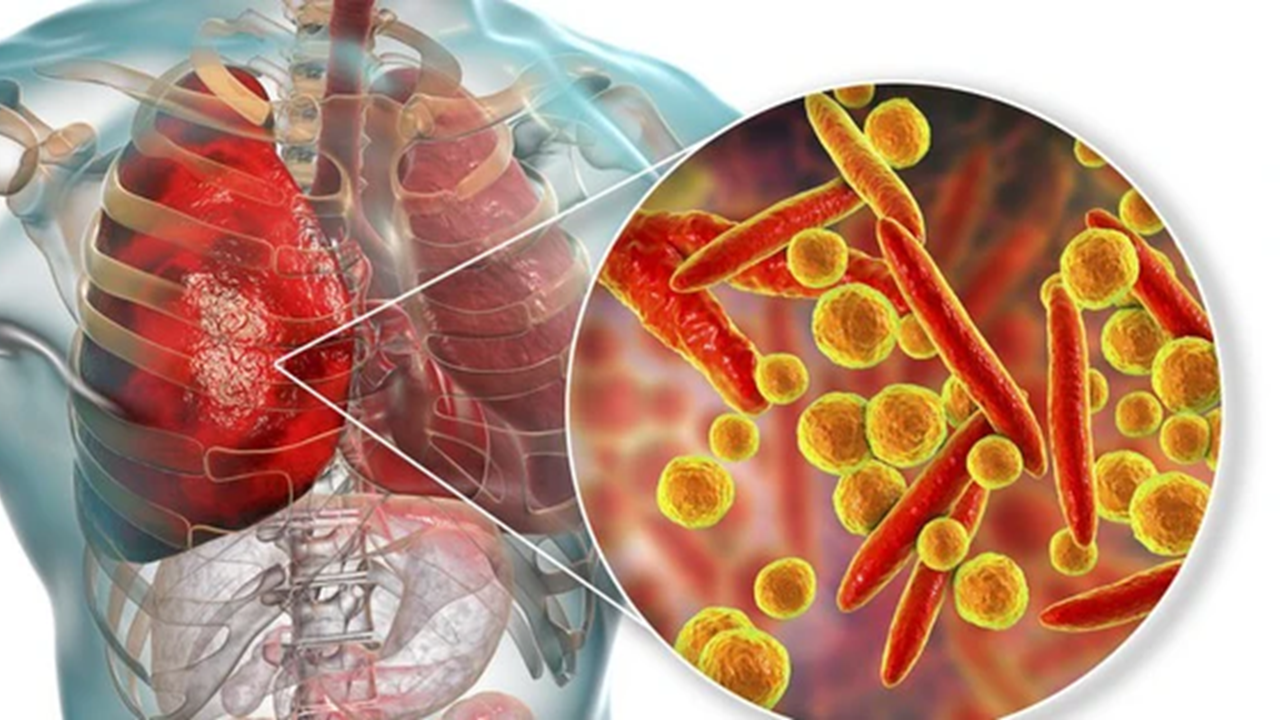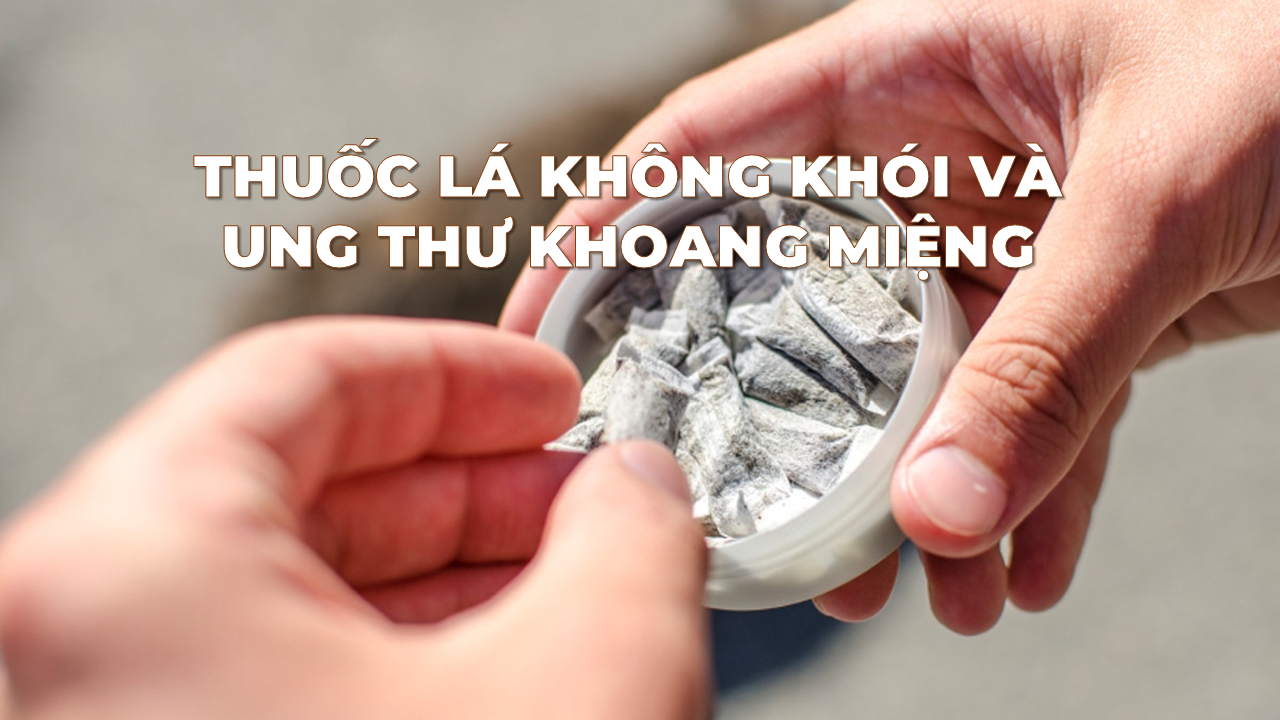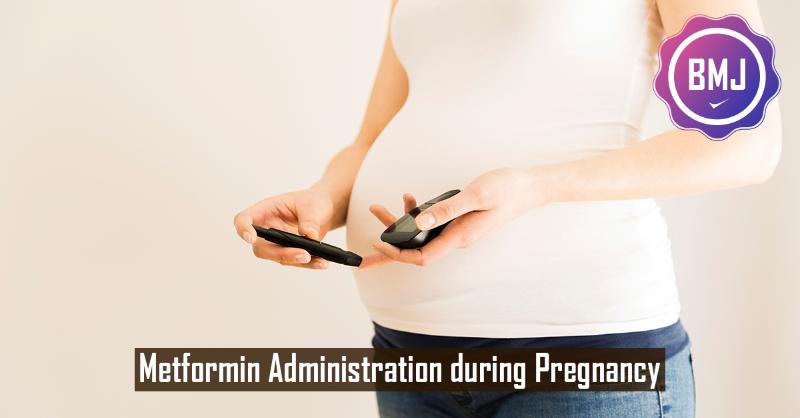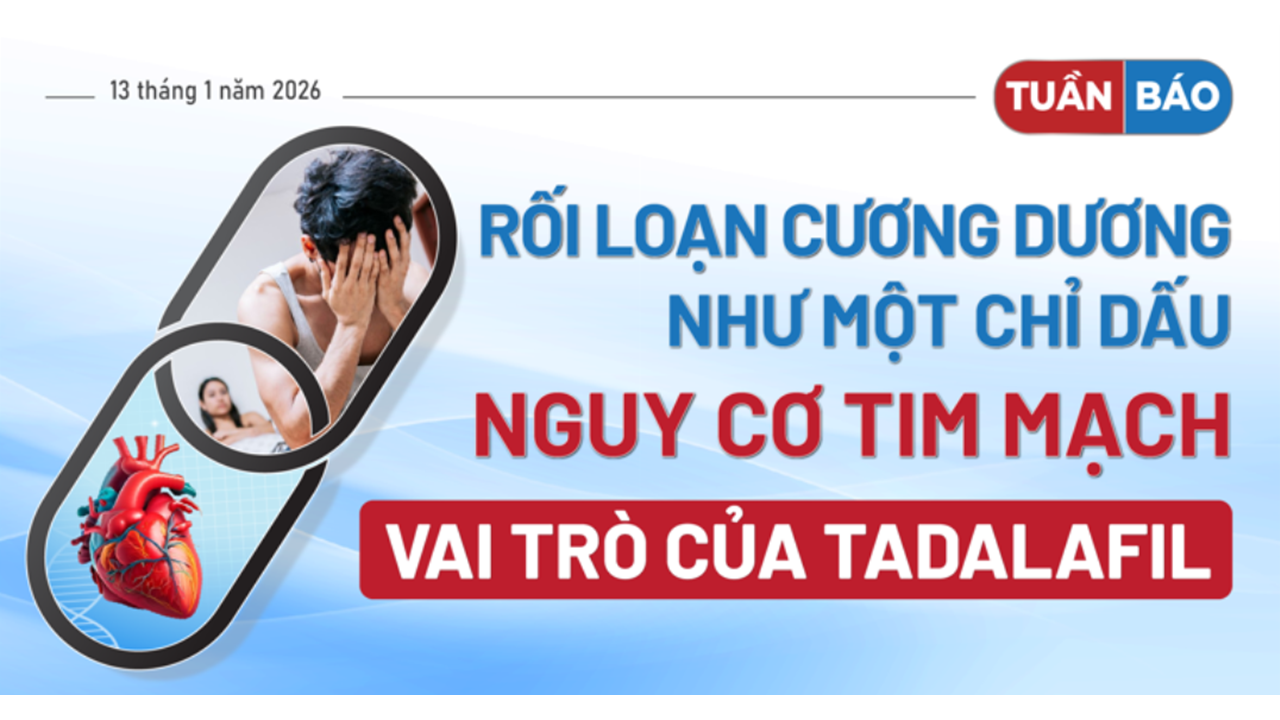FDA Approves New Monoclonal Antibody for Myasthenia Gravis
The US Food and Drug Administration (FDA) has approved nipocalimab-aahu (Imaavy, Johnson & Johnson) for the treatment of generalized myasthenia gravis (gMG) in adults and adolescents 12 years of age and older, the company announced in a statement.
The drug is the “first and only” human Fc receptor (FcRn)-blocking monoclonal antibody approved by the FDA for these patients who are anti-acetylcholine receptor (AChR) or anti-muscle-specific-kinase (anti-MuSK) antibody positive, the release noted.
It will be supplied as a single-dose vial per carton for IV injection.
Today’s approval, as well as the FDA Priority Review designation announced in January, were based in part on results from the phase 3 Vivacity-MG3 trial.
That study showed that patients who received nipocalimab-aahu plus standard of care had better disease control throughout a 24-week period, as measured by the Myasthenia Gravis-Activities of Daily Living (MG-ADL) assessment, compared to those who received placebo plus standard of care. These improvements were maintained up to 20 months of follow-up in an ongoing open-label extension study.
Further Vivacity-MG3 findings showed that the active treatment group had a “rapid and sustained reduction in autoantibody levels by up to 75% from the first dose” and throughout the study’s 24 weeks, the company reported.
“The clinical results we’ve seen with Imaavy represent a significant milestone in the treatment of gMG,” Nicholas J. Silvestri, MD, professor of neurology at the University of Buffalo, New York, said in a release. “Having a treatment that delivers this level of durable symptom stability is a meaningful step forward for managing a complex and unpredictable disease like gMG.”
Additionally, results from the ongoing Vibrance phase 2/3 pediatric study, which included adolescents between 12-17 years of age who were anti-AChR and anti-MuSK antibody positive, showed a 69% reduction in total serum immunoglobulin G levels over 24 weeks and improvements on the MG-ADL.
Johnson & Johnson will offer a support program in the United States where insured patients may be eligible to receive their first prescribed treatment “in as quickly as one week and may pay as little as $0 per infusion,” the company reported.
The most common serious treatment-related adverse events cited were possible infections, allergic reactions, and infusion-related reactions. Other potential adverse events include respiratory tract infection, muscle spasms, and swelling in hands, ankles, and feet.
References
Bài viết liên quan






